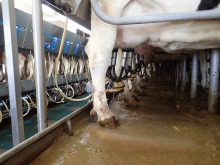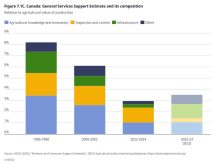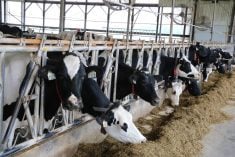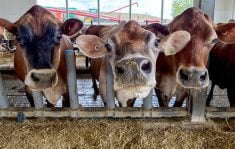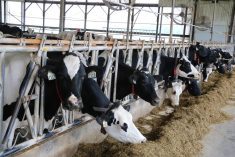Ag Minister Blaine Pedersen responded to Trappist cheese makers’ allegations that department staff blocked their approval, saying the province’s duty is to protect consumers.
“Loaf and Honey has been unable to demonstrate through microbiological testing that the method it is using to produce raw milk cheese consistently produces a safe product,” said Pedersen in an emailed statement on Nov. 27.
On Nov. 21, Dustin Peltier and Rachel Isaak, owners of Loaf and Honey and makers of Trappist-style cheese, took to social media to tell supporters that they’d no longer be making the traditional cheese.
Read Also
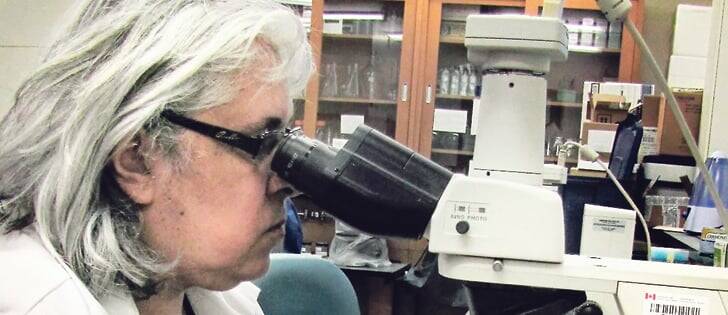
AAFC organic research program cut
Canada’s organic sector says the loss of a federal organic research program at Swift Current, Sask., will set the industry back.
Peltier and Isaak’s Trappist-style cheese, formerly made by monks in Manitoba since the early 1900s, was made with raw milk that has not been pasteurized to remove harmful bacteria. The cheese-making process is designed to harness helpful microbes to kill off pathogens.
“We have done everything we can think of to avoid getting to this point but unfortunately, we are left with no choice,” the couple wrote on Loaf and Honey’s Facebook page. “The Department of Agriculture has brought us to our knees.”
The Manitoba Co-operator reported the couple lost $70,000 on testing and discarded product over three years. The cheese had been made and sold in Manitoba for decades, but they said inspectors seemed to not know how to regulate them.
Peltier and Isaak were told the cheese needed to pass three microbiology tests to validate that the product was safe. Two years later, and after passing multiple tests, the province told them they needed to pass 10 tests, according to documents provided to the Co-operator.
“It is important to note that all producers of dairy products in Manitoba are subject to similar testing,” said Pedersen. “There is a significant risk to consumers if a consistent, validated production process is not followed.”
NDP Ag Critic Diljeet Brar also responded, saying the artisanal food industry helps Manitoba’s economy.
“The province should be working with business owners to streamline regulations while maintaining food safety, rather than blocking them and discouraging producers,” he said in an emailed statement.
The Co-operator asked Brar what the NDP would do to address food regulation issues, but he did not respond.
“Manitoba has a number of small-scale, artisan food producers who are flourishing in the market,” Pedersen added. “We encourage producers who have any questions about regulations, or processes, to contact department staff as we are willing to work with anyone to assist in the process of their product development.”
Meanwhile, Peltier and Isaak’s post saw an outpouring of support on Facebook.
“What a tragedy,” one commenter said.
“I hope you can find a way to bring the Brothers’ original recipe back,” wrote another.
Peltier and Isaak said they intend to make the cheese with pasteurized milk, which will not produce the same results.
“It is the only way we can continue to honour the Brothers’ legacy, and to bide our time until the powers that be gain common sense,” they wrote on Facebook.




